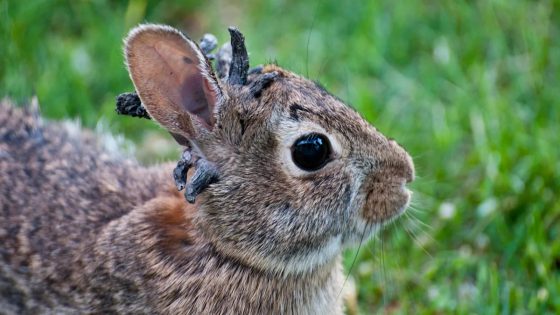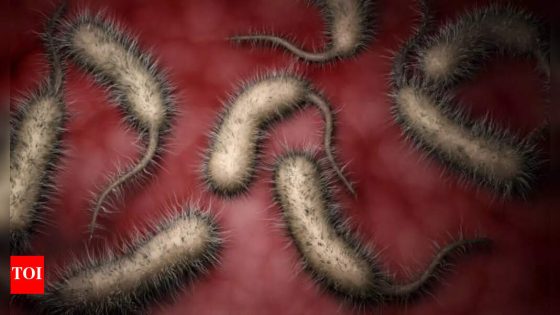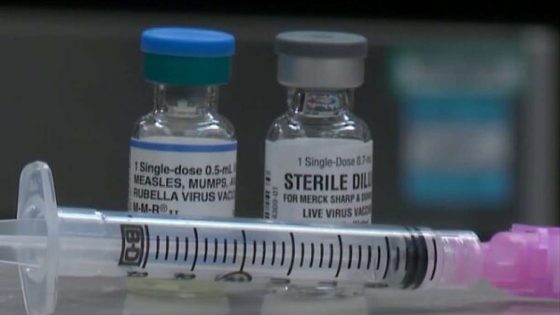This month, residents in northern Colorado have reported unusual sightings of wild rabbits displaying black horns and tentacles on their faces, raising concerns about the health of these animals. The phenomenon, linked to the Shope papilloma virus (SPV), has led to alarming descriptions from locals, with some calling them “Frankenstein rabbits.” As of 2025-08-14 17:44:00, the situation has caught the attention of wildlife officials.
- Sightings of rabbits with unusual growths reported.
- Growths likely caused by Shope papilloma virus.
- Virus spread through biting insects like fleas.
- No risk of transmission to humans or pets.
- Infected rabbits remain mostly healthy overall.
- Handle dead rabbits with gloves if necessary.
SPV causes wartlike growths on rabbits, primarily affecting cottontails during summer months. While the virus is not harmful to humans or other animals, it’s crucial for residents to remain vigilant and informed about these sightings.
Many may wonder if these infected rabbits pose a threat to local wildlife or pets. Fortunately, SPV does not typically harm rabbits unless growths interfere with eating or drinking. Observing the rabbit’s behavior can help determine if intervention is necessary.
- Keep a safe distance from infected rabbits.
- Do not attempt to rehabilitate wild rabbits with SPV.
- Monitor domestic rabbits for signs of infection if they are outdoors.
- Wear gloves when handling deceased rabbits.
As we continue to monitor this situation, staying informed and practicing safe interactions with wildlife can help protect both human and animal health.

















![[Adobe Stock]](https://news.faharas.net/wp-content/uploads/2025/07/Ketogenic-Diet-Boosts-Brain-Blood-Flow-by-22-and-BDNF-230x129.jpg)















